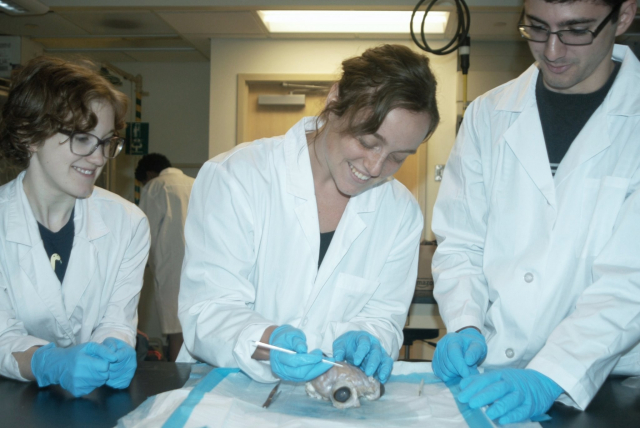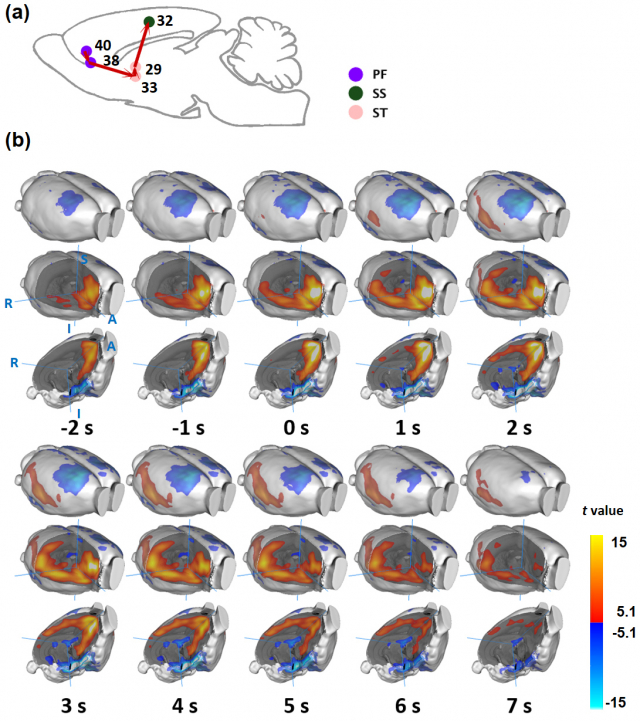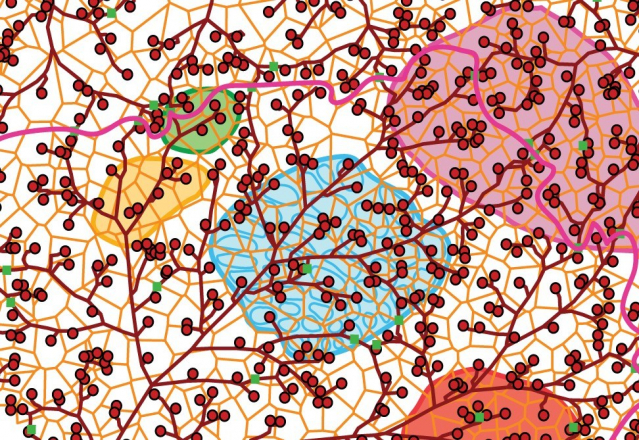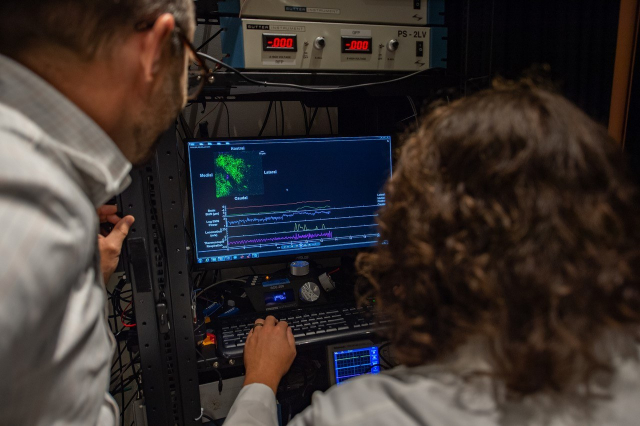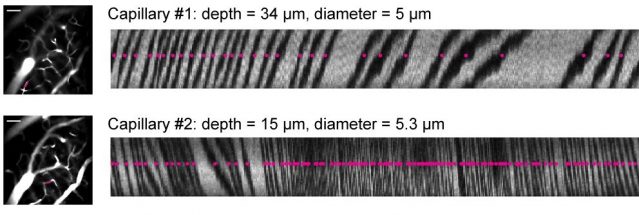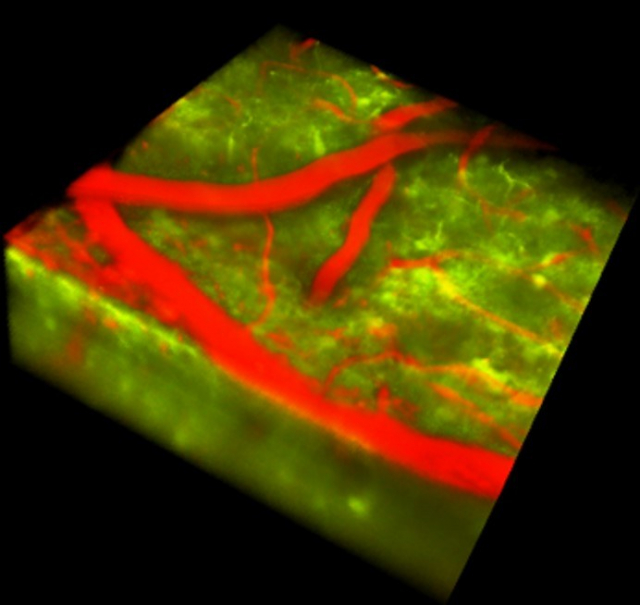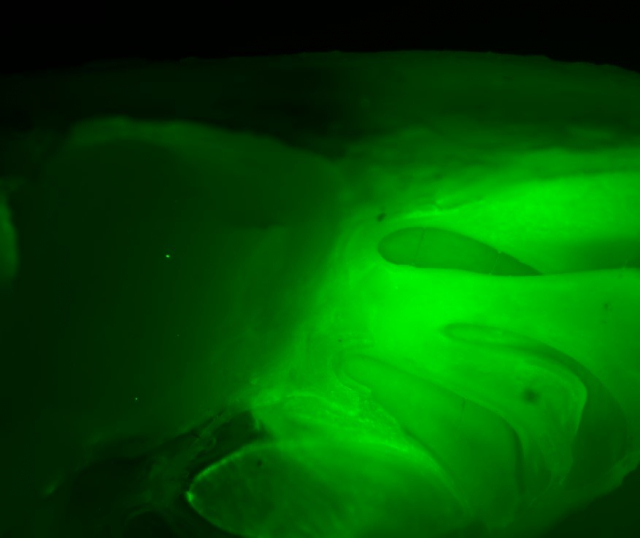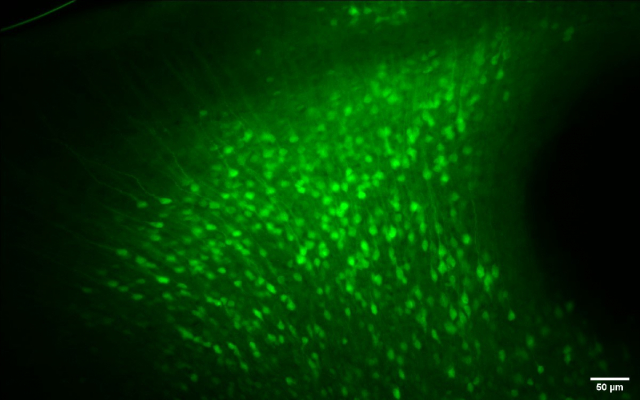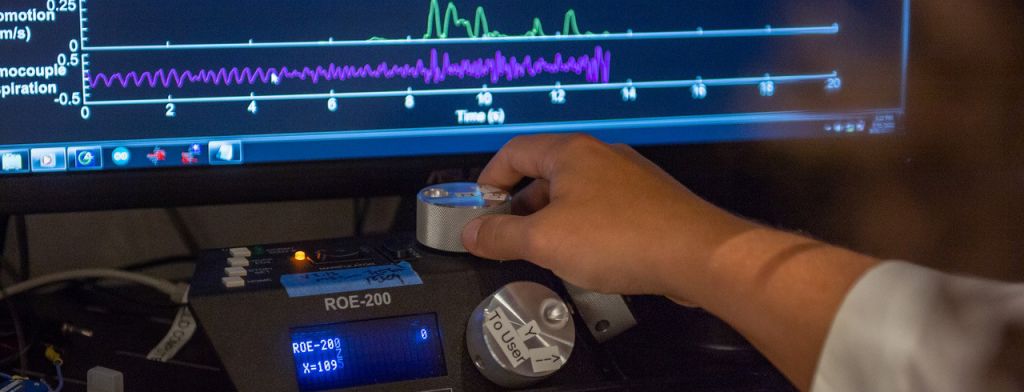
Neuroscience, the scientific study of the nervous system, is an exciting and growing field involving researchers from the physical, chemical, biological, computational, anthropological, and social sciences.
Some of the most fascinating and impactful research in the future likely will require scientists to have expertise in a variety of disciplines. Recognizing this, Penn State’s Neuroscience graduate program encourages students to gain a solid understanding of certain core fields through coursework and colloquia and to take multidisciplinary approaches to tackling research problems.
Student research is well supported by grants from private and public funds, particularly from the National Institutes of Health. In addition, all students admitted to the program receive financial aid (stipends and paid tuition costs). Students are usually admitted with the intent of obtaining a Ph.D. degree in Neuroscience; however, the M.S. degree may be sought as part of the doctoral program.
The Neuroscience graduate program provides students with interdisciplinary training in the growing field of neuroscience. Students conduct research alongside faculty members who are leaders in their fields. Research areas may include:
Molecular Neurobiology and Developmental Neuroscience
Investigating how and why the nervous system develops and functions at genetic, molecular and cellular levels.
Cognitive Neuroscience and Behavioral Neurobiology
Exploring how the nervous system processes information, controls autonomic functions, regulates states of consciousness, or determines behavior.
Neural Engineering
Using computer engineering, robotics and other technical disciplines to investigate how the nervous system works, and how it can be manipulated.
Systems Neuroscience
Examining how neural circuits function, are coordinated, and are controlled.
